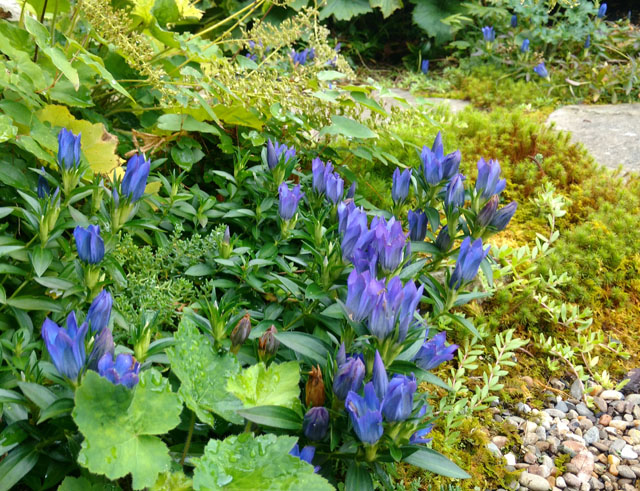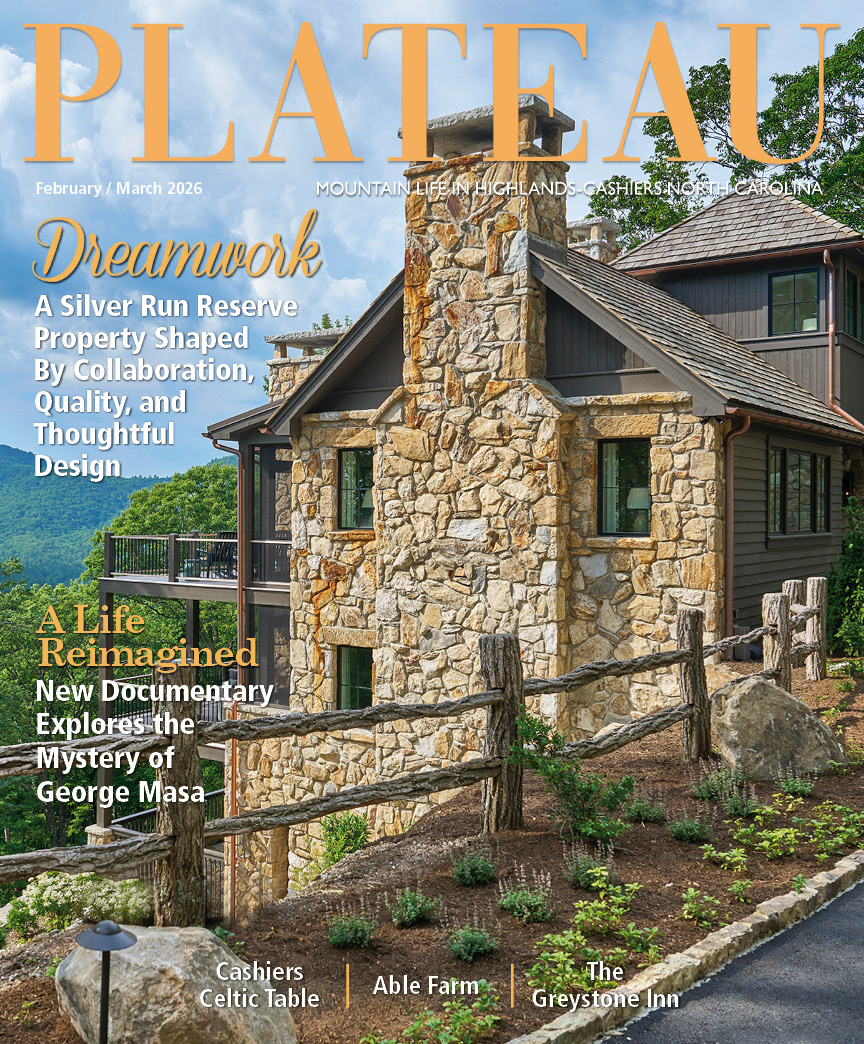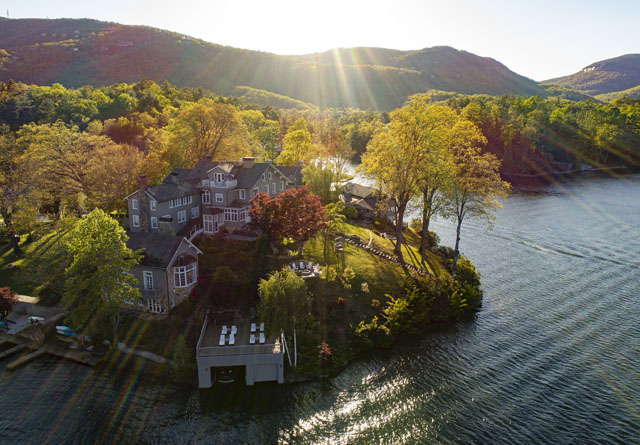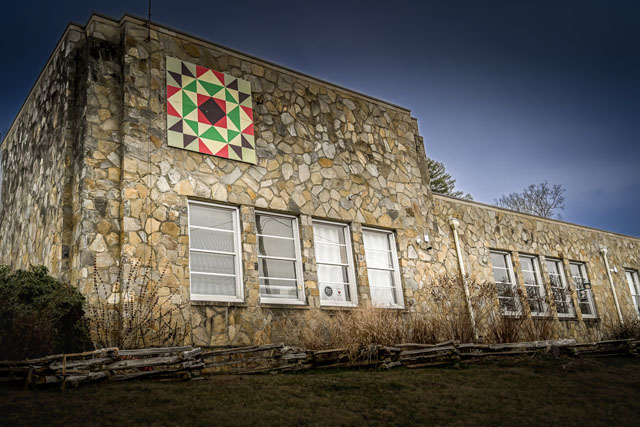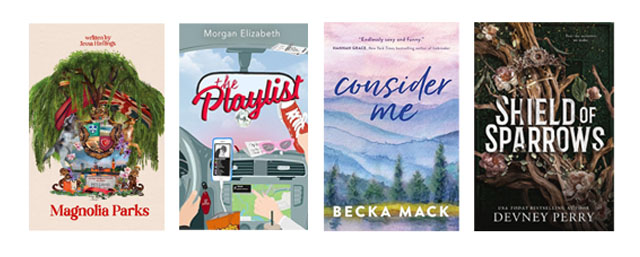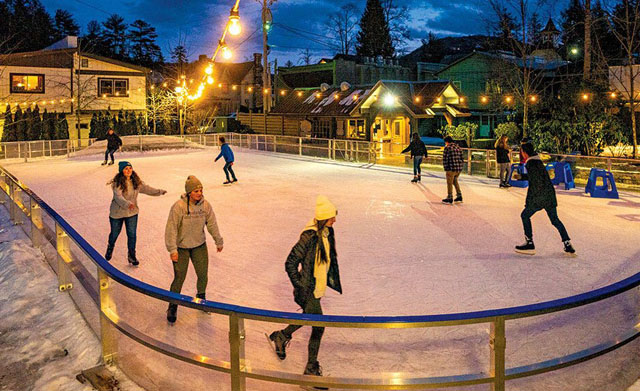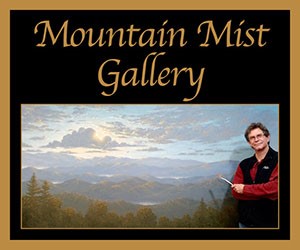Summer Solstice
02 Jun 2023
Sweet Nostalgia in the Southern Appalachians
By KRISTIN E. LANDFIELD
Tis moonlight, summer moonlight,
All soft and still and fair;
The solemn hour of midnight
Breathes sweet thoughts everywhere,
But most where trees are sending
Their breezy boughs on high,
Or stooping low are lending
A shelter from the sky…
-Emily Bronte, from “Moonlight, Summer Moonlight”
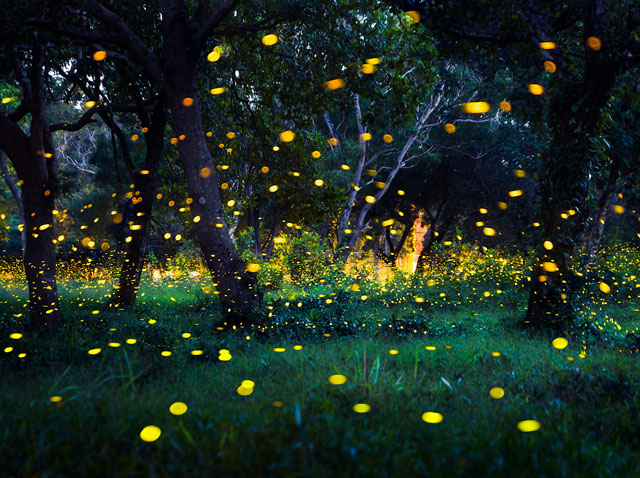
It’s June 2021, in Macon County, NC, and I crunch along my gravel driveway at night, dogs in tow, cold drink in hand and the tiny green eyes of spiders twinkling low in the woods. It was after 10:00 p.m., late enough for the sun to have finally bid goodnight from the long summer day, but not so late that the unseen life of the woods had hushed its warm-weather cacophony. By then, the lightning bugs had been glowing their hellos to me for several weeks, so my appreciation had softened to that of a fond smile and nod to a friendly neighbor, rather than excitement for a new guest. It was more than a year into the pandemic, and I recognized the distinct sense of freedom I felt in the mountains, with the endless gulps of clean fresh air and plenty of coveted space for social distancing. I realized that my sense of autonomy was similar to that of a child in June, where the very word “summer” is tantamount to freedom and possibility, even while the earth spins on its axis, determined and unfaltering, and even though “lockdown” and “quarantine” had become common words in a new collective lexicon.
On clear nights such as those, with the real warmth of the summer season settling into the atmosphere, the night sky in the mountains feels close—like a low canopy overhead—then endless, as it pulls the eye and the imagination out towards a dizzying eternity.
It's now high summer in the southern Appalachians—the peak season here on the plateau, with celebratory events every week and ever-growing numbers of fresh-air seekers enjoying the cool summer nights and lush vegetation of the Nantahala and Pisgah National Forests. The Appalachian Mountains are among the oldest in the world. There is a settled quality that captures the topography, its perennial rhythms made manifest with the passing of the seasons. The noisy frogs on our evening strolls, the quick-growing pace of grass in our lawns, or the early lavender light that warms alongside our morning coffee—they are all tiny threads intricately woven to the fabric of the cosmos. They’re responses to the lengthening of days.
This year, summer solstice in the Northern Hemisphere falls on June 21st. In our planet’s rotation around the sun, the summer solstice, also called the estival solstice, occurs when Earth's poles are on their maximum tilt towards the sun, thus the hemisphere closest experiences the longest day of the year. The further north a location is from the equator, the longer the daylight will persist. It’s a peak point, after which the length of days begins to shorten in its summer arc.
Throughout recorded history, humans have celebrated this apex with traditions and rituals that honor the gifts of the sun and the extension of light. Here in the southern Appalachians, as with myriad traditions, solstice has been celebrated with bonfires, with music and dancing, and with feasts of summer crops, trout and sipping vinegar (“shrubs”). Solstice bonfires date back to Appalachian settlers’ western European ancestors in the Middle Ages, as well as the Cherokee traditions that preceded settlers’ arrival. For all cultures, solstice is a time to gather and savor the warmth and ease of the summer months, recognizing that as the nights begin to lengthen again so, too, will everything else change.
I now wonder if nostalgia is the real gift of summer’s warmth. For earlier humans, estival solstice meant a sense of freedom from the harsh struggle to sustain during winter. For we modern humans, protected from winter with Gore-Tex and central heat, the childhood magic of summer persists, almost as an archetype. Released from the confines of the school day and stringent bedtimes, the freedom to play outside until dark yields joyful abandon. Extra hours in a young life bring a sense of possibility and mystery; anything could happen. Throughout our short lives, the extended light of summer days, the late arrival of an inscrutable night sky, and the ancient traditions for summer solstice can evoke a longing that carries the innocence of childhood wonder—an innocence at least worthy of a bonfire celebration.

